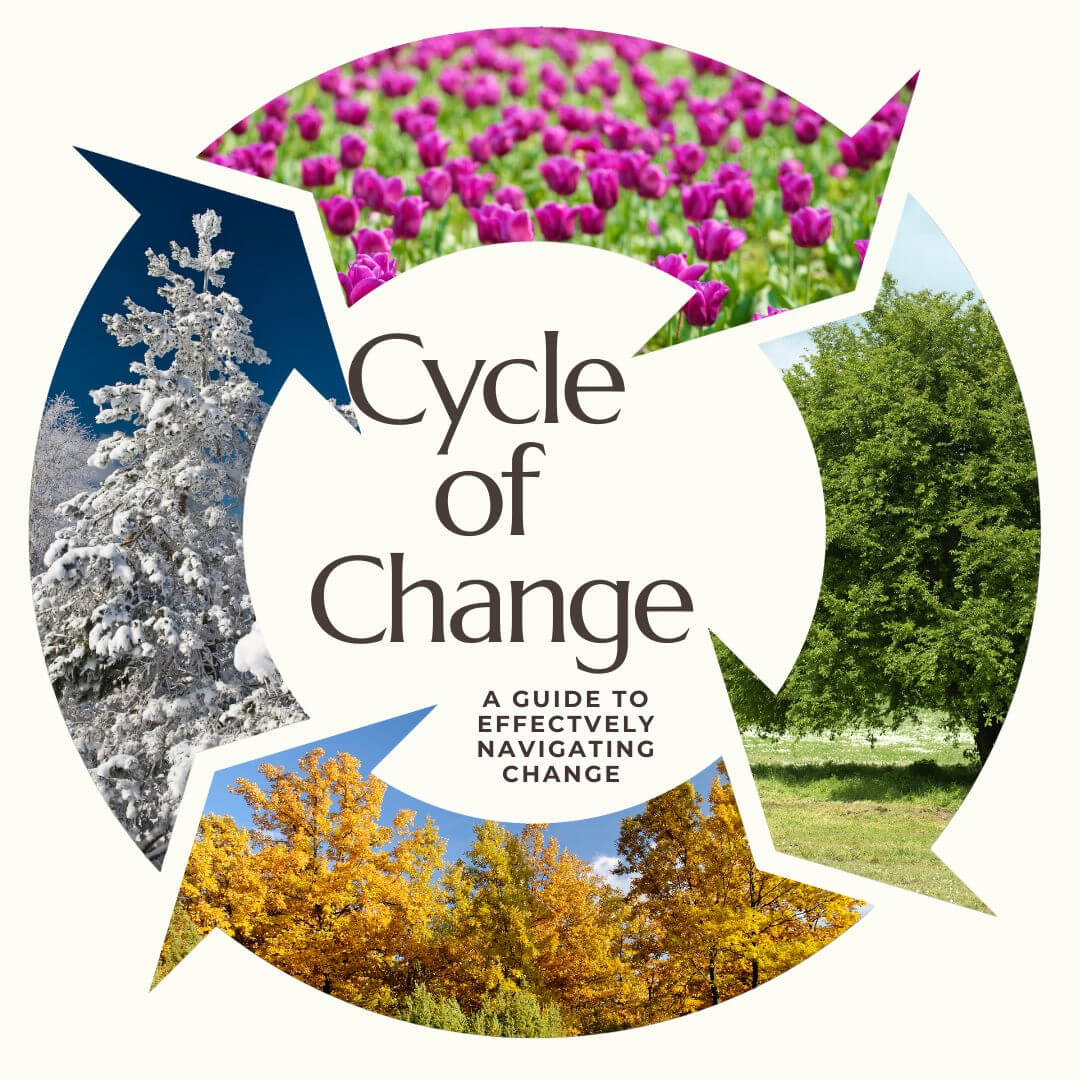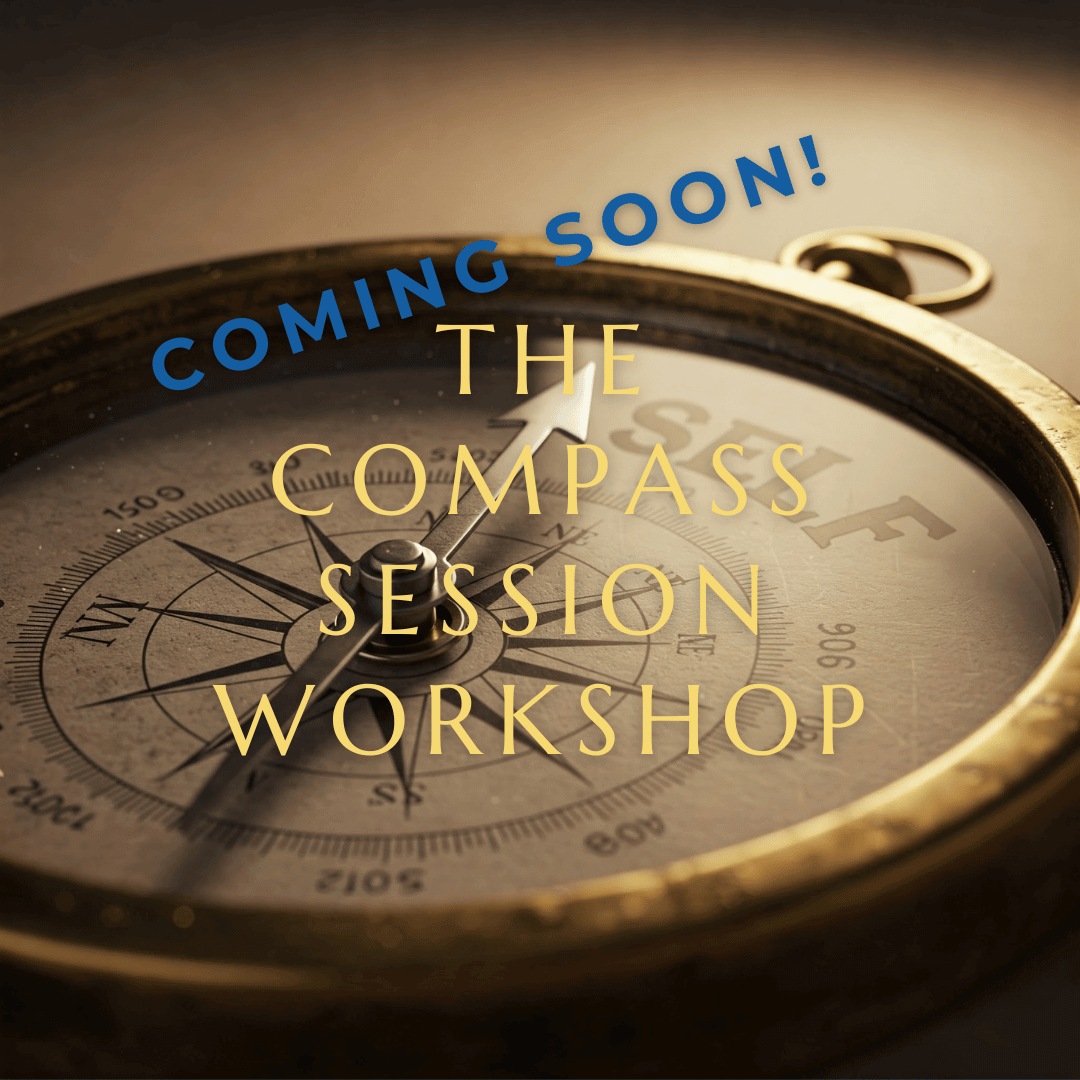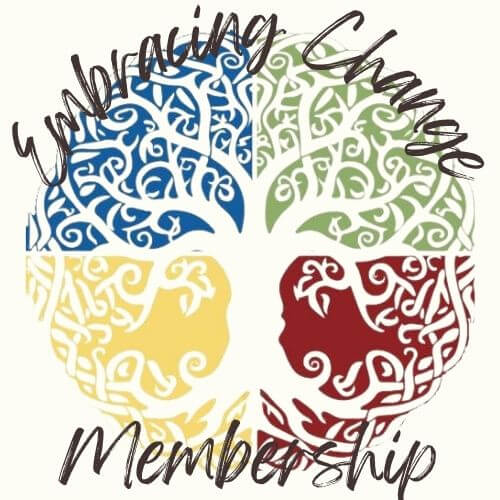Your Midlife Recharge: Real Self-Care That Actually Fits Your Busy Life
Somewhere between scheduling appointments for aging parents and managing the daily grind, it is all too easy to lose yourself in the shuffle of midlife demands. You are the central hub for everyone else, but constantly pouring from an empty cup is a fast track to burnout, not a badge of honor. The good news is that reclaiming your calm and energy doesn't require a week-long retreat or a massive schedule overhaul. Instead, it begins with weaving micro-moments of restoration into the fabric of your existing routine. Explore twelve practical, science-backed strategies to nurture your physical, mental, and emotional well-being, proving that prioritizing yourself is the most selfless thing you can do for the people you love.
Read more...








